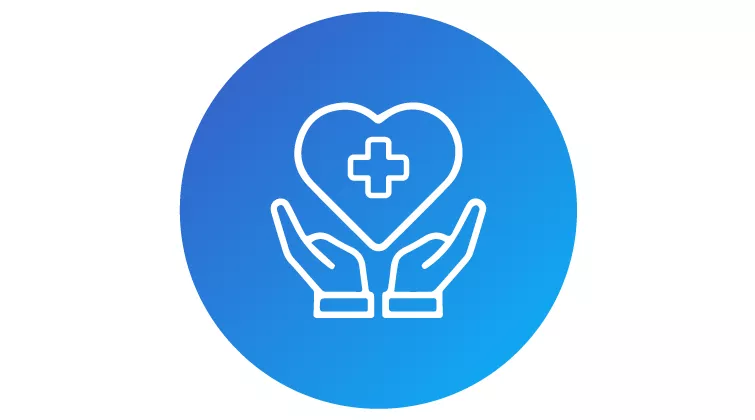
Last month, I talked about how connecting with our own humanity and the vast array of normal emotions we experience as paediatricians can help us build belonging within our teams.
There was no better example than the feeling I got last month when the Thrive Paediatrics team presented at the International Wounded Healer conference. This cross-specialty symposium, organised by NHS Practitioner Health, united a huge number of professionals interested in wellbeing. It offered an opportunity to reflect on our own personal wellbeing as well as ways we can work together to improve things for our colleagues.
There were some incredibly moving talks and deeply personal comments from the audience, people sharing their own experiences and the emotional impact the job can have. This level of vulnerability connected people. There were tears, laughter and, more than anything, an overwhelming sense of belonging.
So how can we recreate this in our own working environments? For me, it starts with crafting spaces where people feel comfortable enough to be their authentic selves.
Let's take a fictional example. Georgia is a paediatric trainee. She is also neurodivergent. As an ST1, she disclosed her diagnosis of autism to her supervisor, but was told to keep it quiet or it would affect how she was perceived by her colleagues. Therefore, with every new rotation, Georgia does her very best to mask and make sure nobody knows she is autistic. This results in her feeling utterly exhausted on her non-working days. Recently, the ward doctors have arranged a few nights out, but Georgia feels unable to attend these busy, noisy gatherings due to her sensory processing differences. She feels increasingly disconnected from her team and dreads going into work.
But what if things were different? What if Georgia had a team that embraced her differences and understood that accommodations that benefited her directly would more than likely benefit others, too?
This is not about tokenistic efforts... it is about ensuring that everyone feels welcome, no matter what their background is
As part of Thrive Paediatrics, we’ve heard stories of teams that have a quiet room staff can use to take a moment to reset, others that actively avoid conversations in busy environments. Some departments have implemented posters or formal teaching around compassion, psychological safety and inclusion. We’ve also connected with teams who purposefully organise varied social activities, from quiet tea and cake gatherings to nights out, BBQs, rounders games with kids and celebrations of cultural festivities. This is not about tokenistic efforts to tick boxes. Instead, it is about team culture and ensuring that everyone feels welcome, no matter what their background is.
So, this month, I ask that you consider how your department embraces our inherent differences. The Wellbeing and Culture section of the Thrive Paediatrics Roadmap offers some evidence-based guidance of what good might look like. And, we hope to publish the Thrive Resource Hub soon with real-life examples of work people are doing in this area. In the meantime, whose voice needs to be heard and which stakeholders do you need to reach?
I genuinely believe that together we can create a more inclusive working environment for paediatricians.









